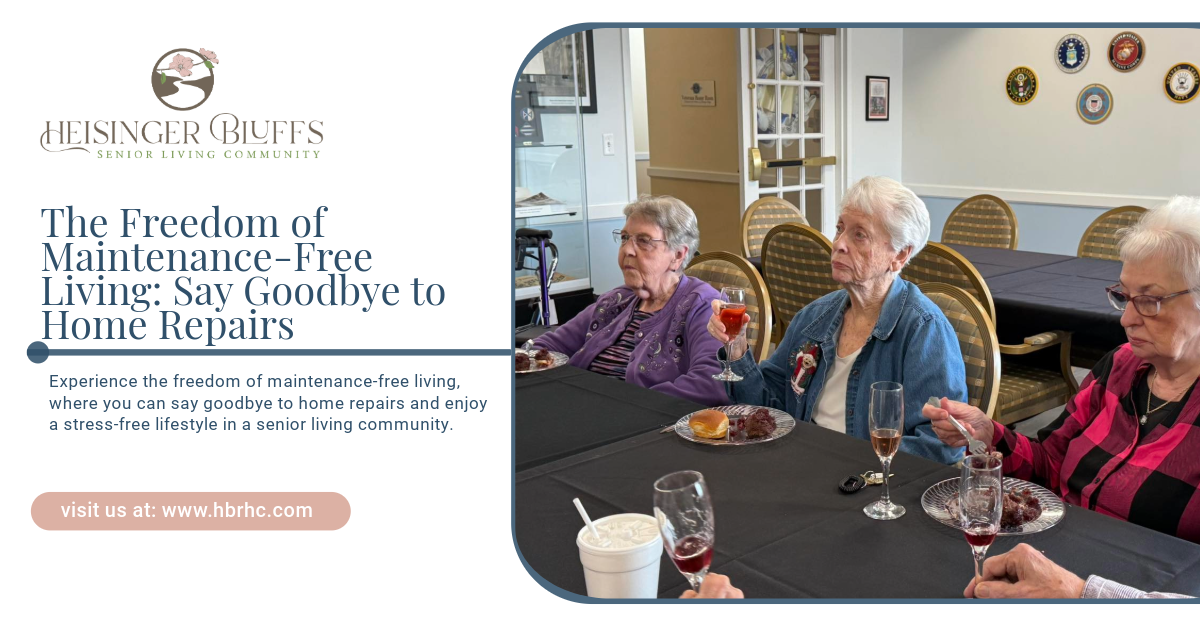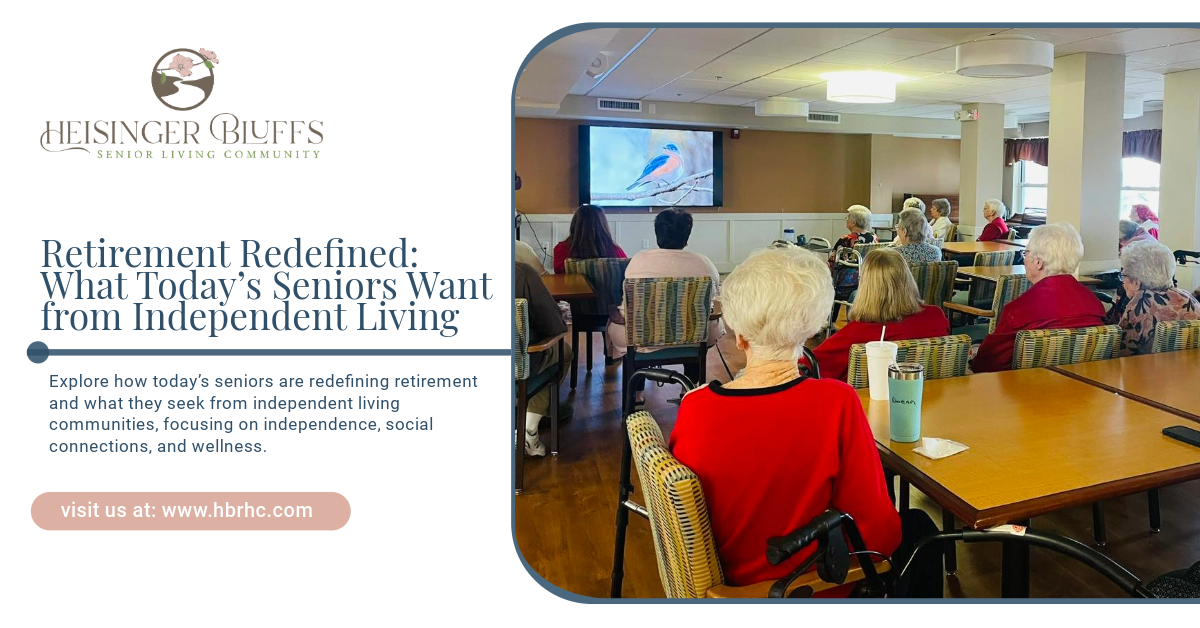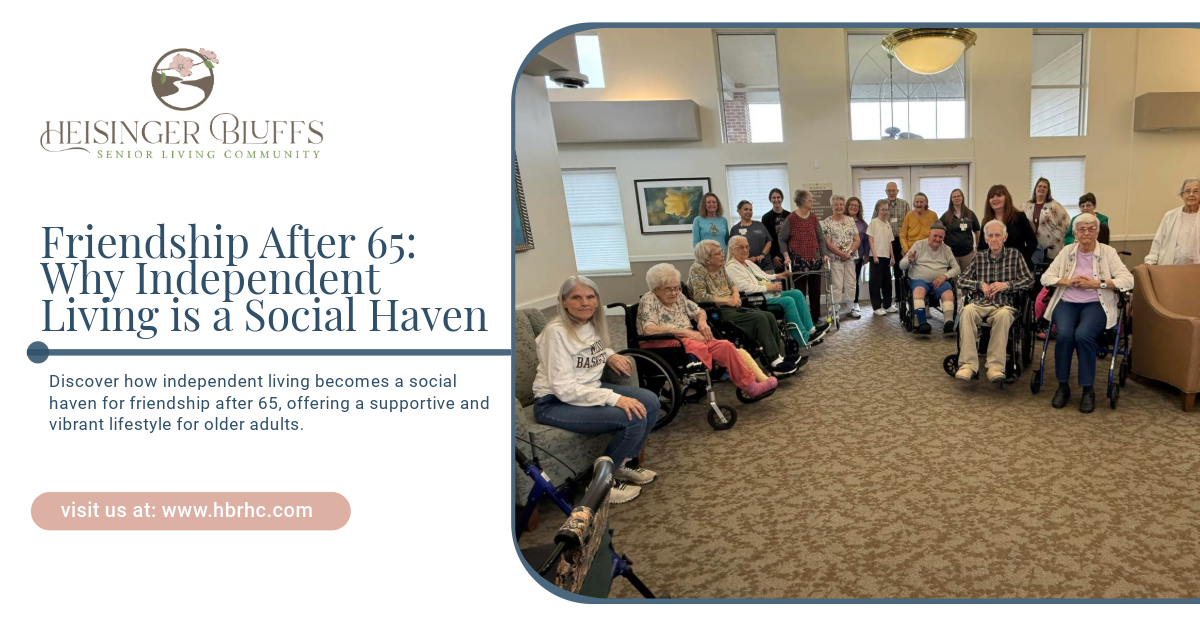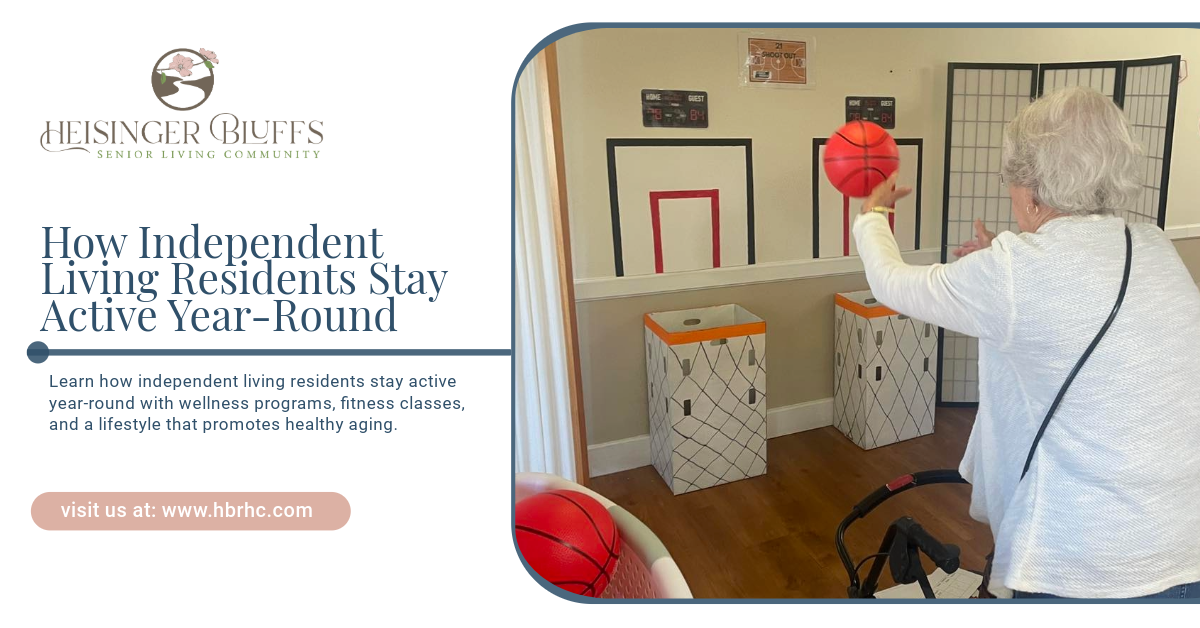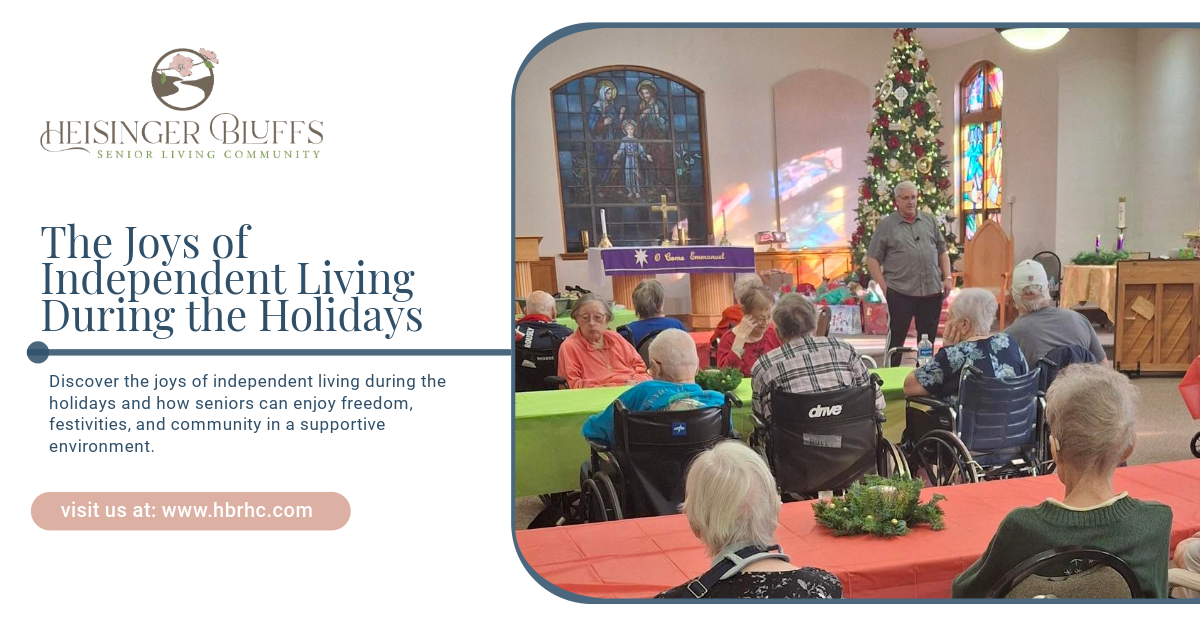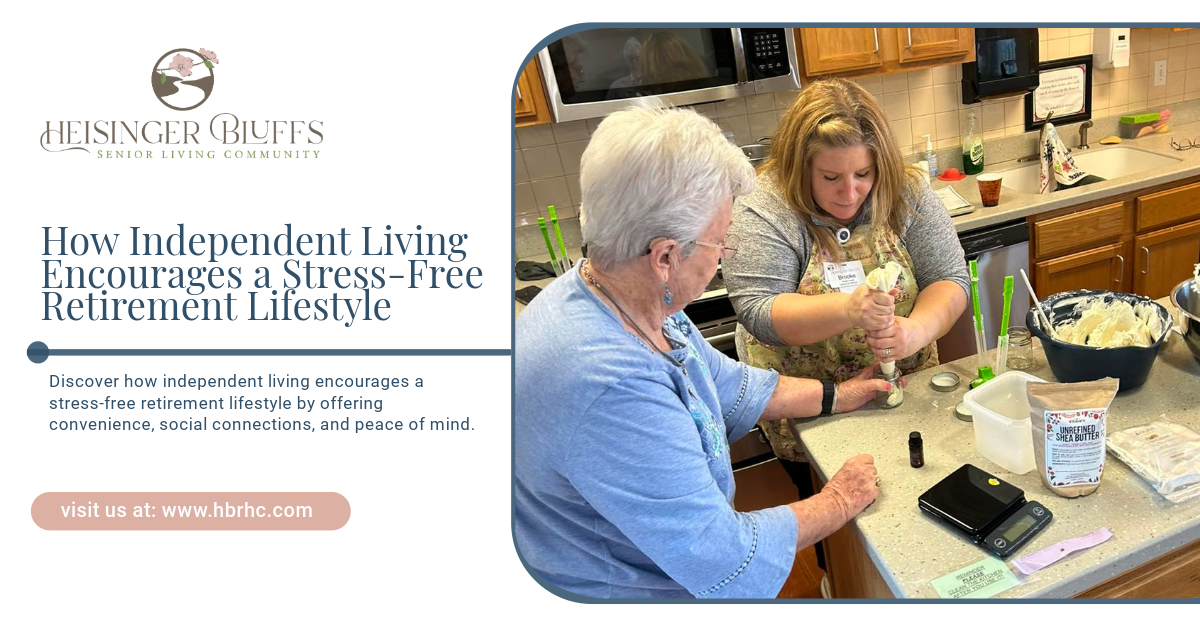Get in touch
Jefferson City Nursing Homes: Why Bilingual Staff Matters
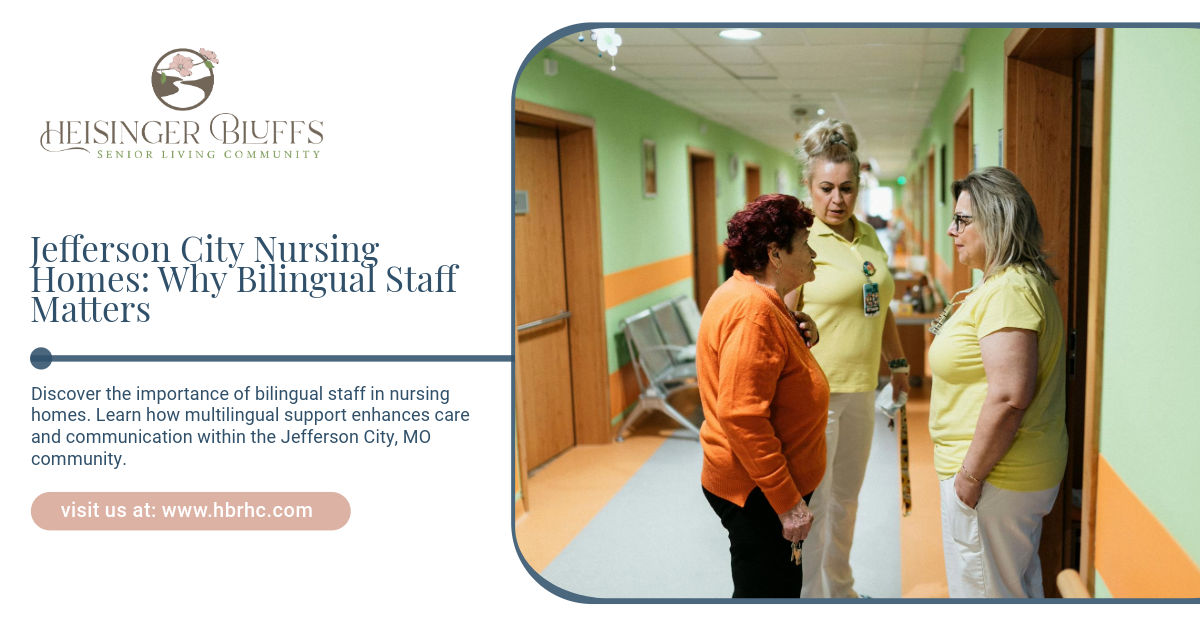
Key Highlights
- Bilingual staff in Jefferson City nursing homes is crucial due to the increasing language diversity among seniors.
- Bilingual caregivers have been shown to have positive outcomes in providing care to non-English speaking seniors in nursing homes.
- Bilingual staff in healthcare settings leads to improved patient satisfaction and comfort.
- Enhanced communication between patients and care providers is a significant benefit of having bilingual staff in nursing homes.
- Bilingual staff can help reduce medical errors that may occur due to language barriers.
- Families can advocate for bilingual services in nursing homes by asking the right questions during facility tours and understanding their legal rights and resources for language support.
Introduction
Nursing homes play a vital role in providing care and support to seniors in Jefferson City. As the city's population becomes more diverse, it is essential for nursing homes to adapt and meet the needs of their residents. One crucial aspect that cannot be overlooked is the importance of having bilingual staff in these facilities. Bilingual staff members who can communicate effectively with non-English speaking seniors can significantly improve the quality of care provided. This blog explores the increasing need for bilingual staff in Jefferson City nursing homes, the benefits they bring, the challenges faced by non-English speaking seniors, and how families can advocate for bilingual services. By understanding the significance of bilingual staff and the positive impact they can have on the lives of seniors, we can work towards creating inclusive and compassionate healthcare settings in nursing homes.
The Increasing Need for Bilingual Staff in Jefferson City Nursing Homes
As Jefferson City's population grows and becomes more diverse, nursing homes in the area are experiencing a shift in language diversity among their residents. Many seniors who require nursing home care may not be fluent in English, making communication with healthcare providers challenging. This language barrier can lead to misunderstandings, frustration, and a lack of proper care. To address this issue, nursing homes in Jefferson City are recognizing the importance of having bilingual staff who can bridge the communication gap and provide personalized care to non-English speaking seniors.
Demographic Shifts and Language Diversity Among Seniors
Jefferson City, like many other cities in the United States, has seen significant demographic shifts in recent years. The aging population in the city is becoming increasingly diverse, with seniors from various cultural and linguistic backgrounds. This diversity brings unique challenges in providing healthcare services to seniors in nursing homes. It is crucial for nursing homes to have staff members who can speak the languages spoken by their residents to ensure effective communication and understanding of their needs.
Case Studies: Positive Outcomes with Bilingual Caregivers
Numerous case studies have shown the positive impact of bilingual caregivers in nursing homes. Having staff members who can speak the language of the residents facilitates better communication, leading to improved patient satisfaction and comfort. Bilingual caregivers can understand the cultural nuances and specific needs of non-English speaking seniors, ensuring that their care is personalized and tailored to their preferences. Additionally, bilingual staff members can act as advocates for residents, helping them navigate the healthcare system and access necessary resources. These case studies highlight the importance of bilingual staff in creating a supportive and inclusive environment for seniors in nursing homes.
Benefits of Bilingual Staff in Healthcare Settings
Having bilingual staff in healthcare settings, especially in nursing homes, brings numerous benefits. Improved patient satisfaction and comfort are key advantages of having staff members who can communicate effectively with non-English speaking seniors. Bilingual caregivers can build rapport with residents, understand their needs, and provide culturally sensitive care. Enhanced communication between patients and care providers leads to better health outcomes and reduces the risk of misunderstandings. Additionally, the presence of bilingual staff helps in reducing medical errors that may occur due to language barriers.
Improved Patient Satisfaction and Comfort
Patient satisfaction and comfort are crucial aspects of quality healthcare. When nursing homes have bilingual staff members who can communicate effectively with non-English speaking seniors, it significantly improves the overall experience for the residents. Bilingual caregivers can understand the cultural backgrounds, preferences, and needs of residents, making them feel heard and understood. This personalized approach to care enhances patient satisfaction and comfort, fostering a positive environment in nursing homes. Having staff members who can speak the language of the residents also helps in building trust and rapport, which is essential for effective caregiving.
Enhanced Communication Between Patients and Care Providers
Effective communication is the cornerstone of quality healthcare. In nursing homes, where seniors rely on care providers for their daily needs, clear and accurate communication is vital. Bilingual staff members can bridge the language barrier and ensure that residents understand their health conditions, medications, and treatment plans. They can also accurately convey the concerns and preferences of residents to other care providers, facilitating comprehensive and coordinated care. Enhanced communication between patients and care providers results in better health outcomes, improved adherence to treatment plans, and overall patient satisfaction.
Reduction in Medical Errors Due to Language Barriers
Language barriers in healthcare settings can lead to misunderstandings and miscommunications, increasing the risk of medical errors. Having bilingual staff members in nursing homes significantly reduces this risk. Bilingual caregivers can accurately interpret and translate information between residents and care providers, ensuring that critical details are not lost in translation. They can assist with medication administration, explain medical procedures, and ensure that residents understand and can follow their treatment plans. By reducing language barriers, nursing homes with bilingual staff members can provide safer and more effective care to non-English speaking seniors.
Challenges Faced by Non-English Speaking Seniors
Non-English speaking seniors face unique challenges when accessing healthcare in nursing homes. One significant challenge is the potential for isolation and mental health concerns. Language barriers may lead to feelings of loneliness, anxiety, and depression among seniors who are unable to communicate effectively with care providers and other residents. Additionally, non-English speaking seniors may face difficulties in accessing healthcare and information due to language barriers, limiting their ability to make informed decisions about their health and well-being.
Isolation and Mental Health Concerns
Non-English speaking seniors in nursing homes often face isolation and mental health concerns due to language barriers. The inability to communicate effectively with care providers and other residents can lead to feelings of loneliness and detachment. This isolation can have a significant impact on their mental health, increasing the risk of anxiety, depression, and overall decreased well-being. Providing bilingual staff in nursing homes can help alleviate these concerns by ensuring that non-English speaking seniors have the opportunity to engage and connect with their caregivers and fellow residents.
Access to Healthcare and Information
Accessing healthcare and information can be challenging for non-English speaking seniors in nursing homes. Language barriers may prevent them from fully understanding their medical conditions, treatment plans, and available resources. This lack of information can hinder their ability to make informed decisions about their health and well-being. Bilingual staff members can bridge this gap by providing accurate translations, explaining medical information in a culturally sensitive manner, and advocating for residents' healthcare needs. By ensuring access to healthcare and information, nursing homes with bilingual staff members can empower non-English speaking seniors to take an active role in their healthcare journey.
How Families Can Advocate for Bilingual Services
Families play a crucial role in advocating for bilingual services in nursing homes. By asking the right questions and understanding their legal rights and available resources, families can ensure that their loved ones receive the care they deserve. When touring nursing home facilities, families should inquire about the availability of bilingual staff and the language services provided. Asking specific questions about staff training, language interpretation services, and cultural competence can help families assess the facility's commitment to meeting the needs of non-English speaking seniors. Families should also familiarize themselves with the legal rights of residents and the resources available for language support in nursing homes. By actively engaging in these discussions and advocating for bilingual services, families can contribute to creating an inclusive and supportive environment for their loved ones.
Questions to Ask When Touring Facilities
When touring nursing home facilities, families should ask specific questions to assess the availability of bilingual services. Some key questions to consider include:
- Is there a bilingual staff member available at all times to assist non-English speaking residents?
- What languages are the staff members proficient in?
- Are there language interpretation services available for residents who speak languages not covered by the facility's bilingual staff?
- How is the cultural competency of staff members ensured?
- Is there ongoing training provided to staff members to improve their communication and cultural competence skills?
- How are residents' preferences and cultural needs taken into account in their care plans?
By asking these questions, families can gain a better understanding of the facility's commitment to providing bilingual services and culturally sensitive care to non-English speaking seniors.
Legal Rights and Resources for Language Support
Families should familiarize themselves with the legal rights of residents in nursing homes and the resources available for language support. The Civil Rights Act of 1964 prohibits discrimination based on national origin, which includes language discrimination. Nursing homes are required to provide language assistance services to residents who have limited English proficiency. Families can also seek information from organizations such as the U.S. Department of Health and Human Services' Office for Civil Rights and the National Consumer Voice for Quality Long-Term Care. These resources provide guidance on residents' rights and can assist families in advocating for bilingual services in nursing homes.
Implementing Bilingual Services in Nursing Homes
Implementing bilingual services in nursing homes requires a proactive approach from healthcare facilities. Training and hiring practices should prioritize bilingual staff members who can meet the needs of non-English speaking residents. Providing ongoing training to staff members on cultural competence and effective communication skills can enhance their ability to provide high-quality care to diverse populations. Cultivating a multicultural environment that values diversity and inclusivity is also essential in creating a supportive and welcoming atmosphere for non-English speaking seniors.
Training and Hiring Practices
To implement bilingual services in nursing homes, training and hiring practices must prioritize bilingual staff members. Facilities should actively recruit individuals who are proficient in languages commonly spoken by the residents. Providing comprehensive training programs that focus on cultural competence and effective communication skills can further enhance the abilities of bilingual staff members. Ongoing training sessions and workshops can help staff members stay updated on best practices and improve their language skills. By prioritizing bilingualism and investing in training, nursing homes can ensure that non-English speaking seniors receive the highest quality of care.
Cultivating a Multicultural Environment
Cultivating a multicultural environment in nursing homes is vital to creating an inclusive and supportive atmosphere for non-English speaking seniors. Facilities should value diversity and ensure that residents from different cultural backgrounds feel respected and included. This can be achieved by promoting cultural celebrations, providing opportunities for staff members to learn about different cultures, and actively engaging with residents to understand their cultural preferences and needs. By creating a multicultural environment, nursing homes can foster a sense of belonging and improve the overall well-being of non-English speaking seniors.
Success Stories from Jefferson City
Jefferson City is home to several nursing homes that have successfully implemented bilingual care for their residents. These facilities have recognized the importance of providing culturally sensitive and language-appropriate care to non-English speaking seniors. By having bilingual staff members and language interpretation services available, these nursing homes have improved the overall quality of care and resident satisfaction. Families and residents have provided positive feedback on the compassionate and personalized care they receive, highlighting the impact of bilingual staff in creating a supportive healthcare environment. These success stories serve as examples for other nursing homes in Jefferson City and beyond, showcasing the positive outcomes that can be achieved when language barriers are effectively addressed.
Facilities Leading the Way in Bilingual Care
Several nursing homes in Jefferson City are leading the way in providing bilingual care to their residents. These facilities prioritize hiring bilingual staff members who can communicate effectively with non-English speaking seniors. They also offer language interpretation services for languages not covered by their bilingual staff. By ensuring that residents have access to language support, these nursing homes create a more inclusive and comfortable environment. Residents and their families have expressed their appreciation for the personalized care and clear communication they receive in these facilities. The commitment to bilingual care shown by these nursing homes sets an example for others in the industry to follow.
Feedback from Families and Residents
Feedback from families and residents in nursing homes with bilingual staff has been overwhelmingly positive. Families appreciate the peace of mind they have knowing that their loved ones can communicate effectively with their caregivers. Residents feel more comfortable and secure in expressing their needs and concerns when they can communicate in their native language. The presence of bilingual staff has fostered a sense of trust and understanding between residents and caregivers, leading to improved resident satisfaction. Families and residents have reported feeling valued and respected in these facilities, which has enhanced their overall experience in nursing homes.
Looking Towards the Future
As healthcare continues to evolve, the importance of language skills in healthcare settings will only grow. In Jefferson City and across the country, there is a growing recognition of the need for bilingual staff in nursing homes. As the population becomes more diverse, nursing homes must adapt and meet the needs of non-English speaking seniors. This includes investing in language training for staff members, expanding language interpretation services, and creating a multicultural environment that values diversity. By prioritizing language skills in healthcare, nursing homes can provide equitable and high-quality care to all residents.
The Growing Importance of Language Skills in Healthcare
Language skills are becoming increasingly important in healthcare settings, including nursing homes. As populations become more diverse, healthcare providers must be able to effectively communicate with patients who speak different languages. This includes understanding cultural nuances, using appropriate terminology, and providing language interpretation services when necessary. The ability to bridge language barriers and ensure clear communication is essential for delivering high-quality care and improving patient outcomes. By recognizing the growing importance of language skills, nursing homes can prioritize hiring and training bilingual staff members, ultimately enhancing the overall quality of care provided.
Potential Policy Changes and Their Impact
There is a growing recognition at the policy level of the importance of language services in healthcare. Potential policy changes can have a significant impact on the provision of bilingual care in nursing homes. Increased funding for language training programs, incentivizing the recruitment and retention of bilingual staff, and mandating language interpretation services can all contribute to improving language access in healthcare settings. By advocating for policy changes that prioritize language services, nursing homes can ensure that they are equipped to provide culturally sensitive and effective care to non-English speaking seniors.
Conclusion
In conclusion, the presence of bilingual staff in Jefferson City nursing homes is crucial for providing tailored, effective care to seniors from diverse linguistic backgrounds. By addressing language barriers, these facilities enhance patient satisfaction, communication, and safety, ultimately improving the overall quality of healthcare services. Families advocating for bilingual services can positively impact the well-being of their loved ones by ensuring access to vital information and fostering a supportive environment. As the need for language skills in healthcare continues to grow, implementing and expanding bilingual services in nursing homes remains essential for promoting inclusivity and optimizing care outcomes.
Frequently Asked Questions
What If My Loved One's Language Isn't Commonly Spoken?
If your loved one's language is not commonly spoken, nursing homes should still provide language support. They may have access to language interpretation services or hire staff members who can communicate in less common languages. It is important to inquire about language services during facility tours and advocate for your loved one's language needs.
How Can I Find Out About a Nursing Home's Language Services?
To find out about a nursing home's language services, you can ask specific questions during facility tours. Inquire about the availability of bilingual staff, language interpretation services, and staff training on cultural competence and effective communication. It is essential to gather this information to ensure that your loved one's language needs will be met.



Want to know more?
We will get back to you as soon as possible.
Please try again later.
You May Also Like To Read
Heisinger Bluff’s Life Plan Community is here to make your senior years safe, stimulating and enjoyable so that you can savor the present, knowing the future will be taken care of.
QUICK LINKS
CONTACT
©2024. Heisinger Bluffs. All rights reserved.


